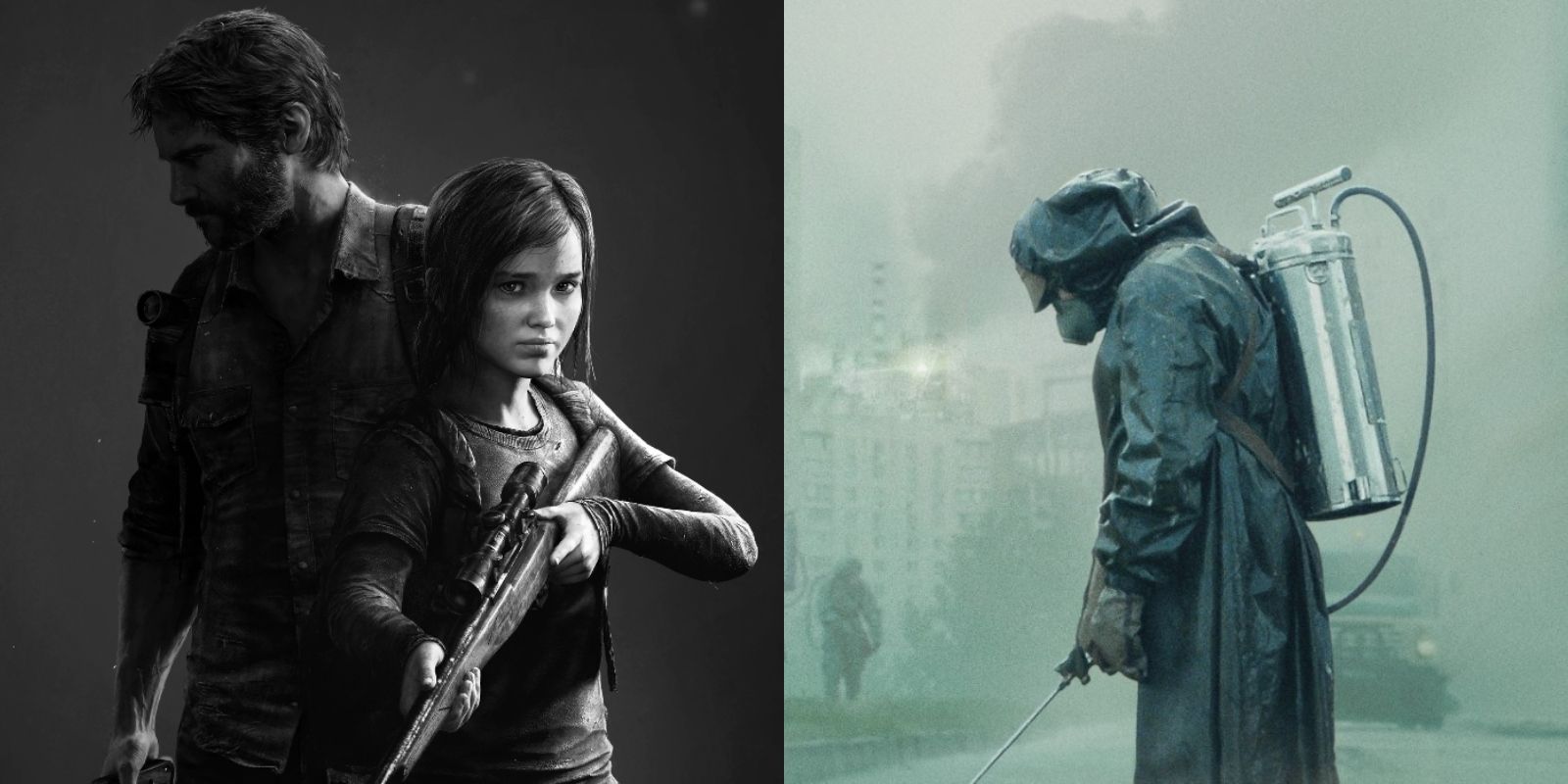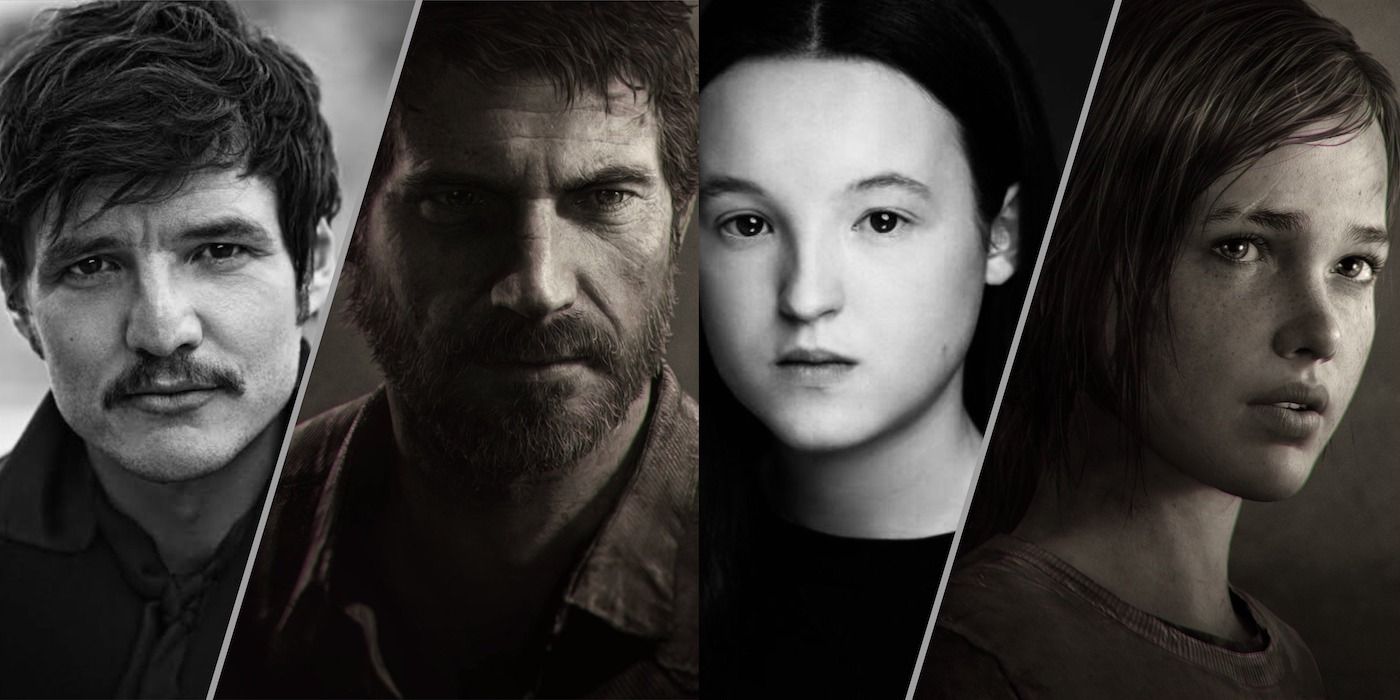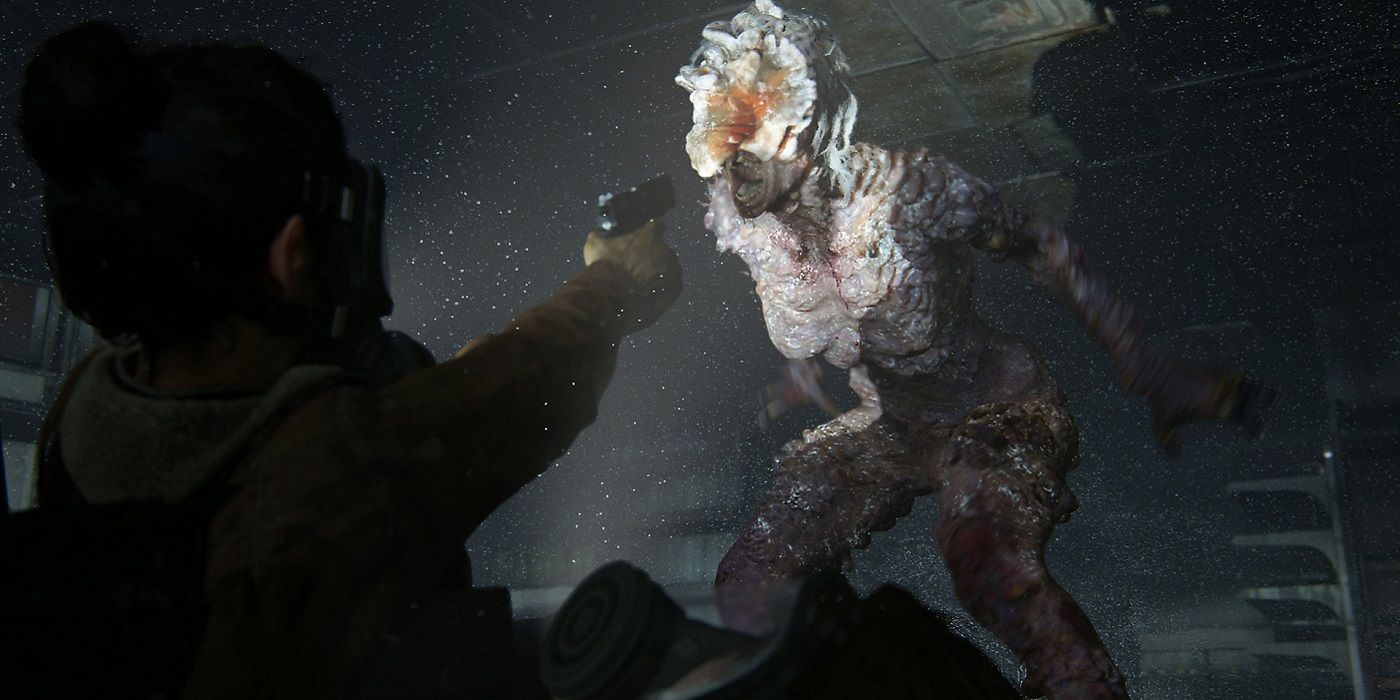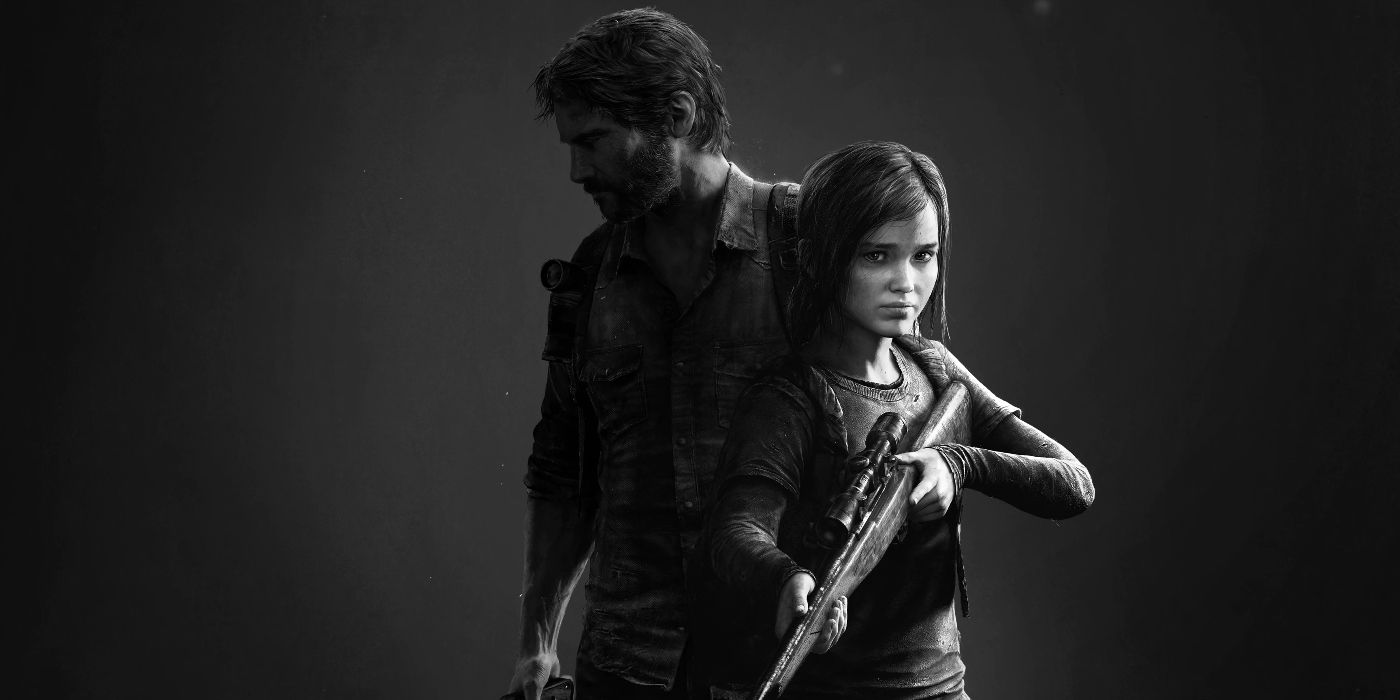
In March 2020, a television adaptation of Naughty Dog’s acclaimed game The Last of Us was revealed to be in the planning stages at HBO. Expected to cover the events of this game and perhaps also some elements of its 2020 sequel, the TV series is set to have Neil Druckmann, the writer and co-director of the original 2013 game, as one of its co-showrunners; the show was clearly set to have high fidelity to the source material.
Upon being announced, many drew comparisons between this upcoming adaptation and AMC’s long-running post-apocalyptic horror, The Walking Dead. Both shows are set in a neo-western dystopian America overrun by a legion of zombies and are centered around traumatized people who are doing their best to survive and protect their surrogate families. But The Last of Us shouldn’t take its cues from The Walking Dead – instead, it should be inspired by the work of its other co-showrunner: Craig Mazin.
Related: The Last Of Us TV Series Should Take One Lesson From The Walking Dead
Despite having a varied career in Hollywood (including writing the Scary Movie and Hangover sequels), Mazin has recently found acclaim for creating and writing the 2019 miniseries, Chernobyl. Based on the historical nuclear disaster of the same name, the miniseries was a critical and commercial mega-success for HBO, winning the Emmy Award for Outstanding Limited Series and shooting Mazin’s profile sky-high. Now set to also pen the screenplays for both the Borderlands movie and the untitled sixth film in the Pirates of the Caribbean series, The Last of Us will be Mazin’s first big project post-Chernobyl, and the video game adaptation would do well to copy some elements from this historical drama. Here are some lessons that The Last of Us should learn from Chernobyl.

If there’s one memorable aspect of Chernobyl, it’s the show’s ultra-oppressive atmosphere. Perfectly capturing the ‘boring dystopia' vibe of the USSR in the 80s, the show goes to great lengths to evoke to the audience just how horrid life can get in the face of an unnatural disaster.
From the garish greys of the color grading to the brutalism of the production design to the somber yet sordid soundtrack, Mazin’s show doubled down on the oppressive atmosphere and succeeded as a result. Part of the praise given to The Last of Us was how it evoked a similar atmosphere, making life in a post-zombie America seem like utter hell (whereas The Walking Dead made everything into a schlocky farce). For the adaptation to do well, it needs to capture a similar tone.

Sometimes the facts are scary enough; no embellishment is needed. In Chernobyl, Mazin doesn’t hide away from the disgusting and horrifying effects of radiation poisoning and bureaucratic ineptitude. In the miniseries, many, many people die and in a traumatic, nightmarish way. It’s almost too much to watch.
The Last of Us needs to do something similar. The Walking Dead has almost romanticized zombies and murder, turning it into a heroic feat; The Last of Us should do the exact opposite. Show nightmarish sequences when cannibalistic ‘Cordyceps’ brutally murder and devour terrified citizens, and reveal just how hostile and tribalistic the survivors can get – don’t shy away from the startling realism.

Whilst Chernobyl was exhaustively researched, Mazin had the foresight to understand that a one-to-one representation of events wouldn’t be very engaging – instead, he took some liberties and made the miniseries evocative instead of representative. Multiple scientists were condensed into one single character and some meetings were conflated to save time: the focus is on sharing the overall thematic truth without getting bogged down in needless details and actualities.
Since The Last of Us is based on a video game, it would be easy to fall into the trap of just recreating the game beat-for-beat. Instead, Mazin and Druckmann should look at Chernobyl and realize some elements may need to be cut or conflated so that it works as a TV show. Which characters and side-plots should be cut? What small details can be changed for clarity? By being evocative rather than representative, The Last of Us would work far better.
At a time where some Netflix series become bloated messes due to inflated episode orders (this was famously a problem for the Marvel Netflix shows), Chernobyl kept it short and sweet: just five episodes. With this semi-reduced length, the show ensured that every episode was narratively focused, filled with engaging events, and that needless additions weren’t included to pad out the runtime.
This is again something The Last of Us would do well to copy. There’s a reason viewership of The Walking Dead has died down in recent years: audiences get sick of the same old repetitive plot points being used to fill up episode orders. Instead, the upcoming show should keep the episode count low, making sure that there’s no dead space in the miniseries.
More: The Walking Dead: 10 Best Episodes, Ranked According To IMDb

